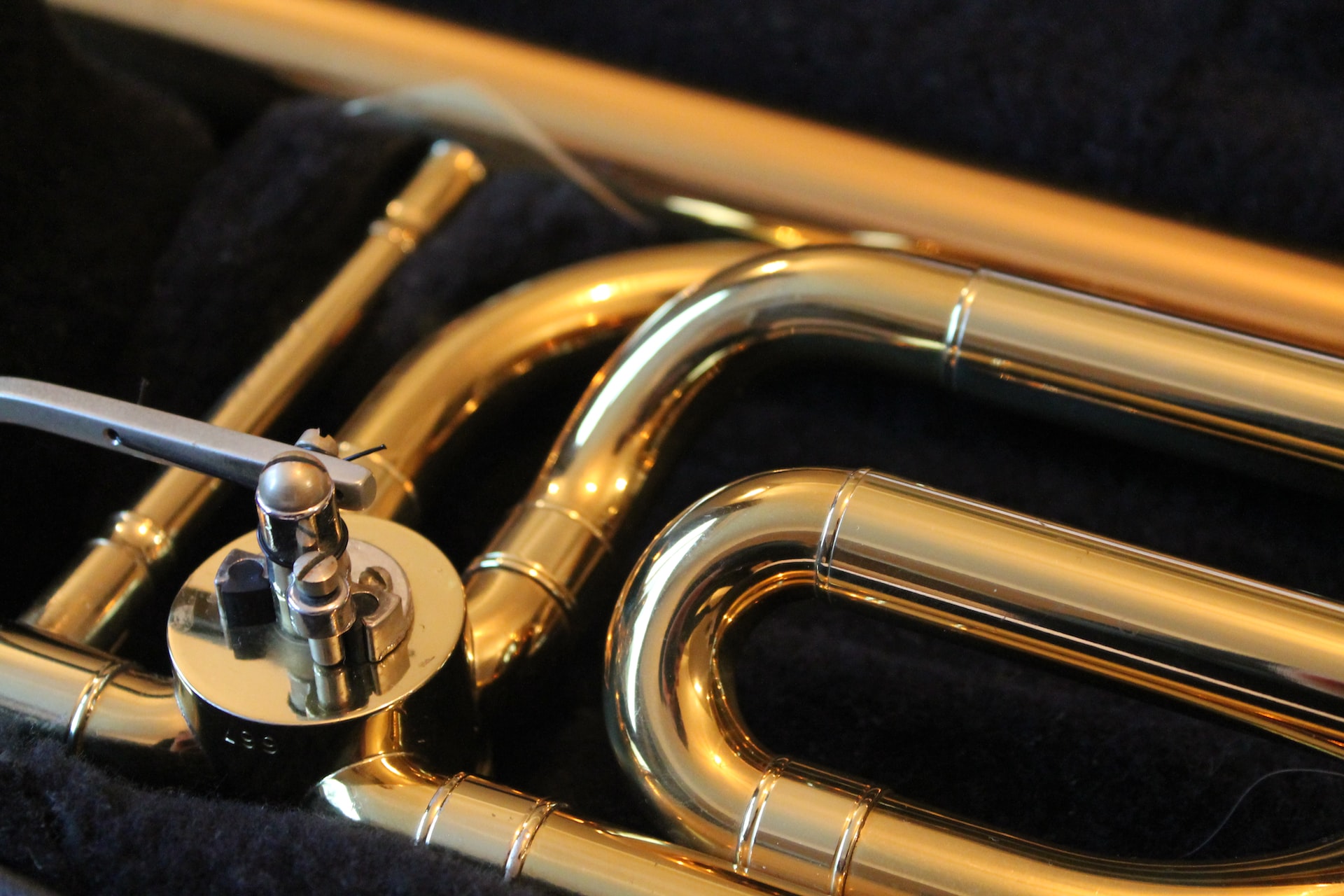The emotional experience of instrumental music—or any other genre—is one of the most important aspects of musical psychology. Songs can affect our emotions in various ways, and we often use emotional expression as the most important criterion for evaluating music. Pieces of music can be described as sad, joyful, tender, or harsh based on how they make us feel. Here are the five ways we can experience it:
Association
Music can express connection through the memories it produces. If we associate a certain kind of music with sad events, we may begin to feel sad when we hear it. The music that makes some people want to dance may make others want to cry, depending on what memories it produces for them.
On the other hand, music can make us feel the urge to move. We move synchronously to the beat, dancing or marching or tapping our feet.
Biology
The brain responds to music similarly to how it responds to other things that please us, such as food and sex. Music activates the same areas of the brain involved in these activities, suggesting that it can be a powerful way to strengthen social bonds.
Cleansing
Listening to music can be a form of self-care, helping us to process and release negative emotions. When we listen to sad music, we can safely experience and express our feelings without being overwhelmed. This can be a helpful way to uncover challenging life events or deal with day-to-day stressors. Additionally, music can provide comfort and connection, helping us feel less alone in our sadness.
Emotion
Aside from music empowering us to express emotions that are difficult to capture in words, it can also give voice to feelings or experiences that one might not be able to express. For instance, instrumental music can powerfully evoke aesthetic emotions, which we often seek out and enjoy for our own sake. These emotions include feeling moved, awe, wonder, transcendence, nostalgia, and tenderness.
Language
Music is an abstract language. We may not immediately determine specifically why a particular melody makes us feel a certain way, but the fact is, it does. Music can be thought of as its language, and just like spoken languages, different melodies can evoke different emotions.
There is also the possibility that music doesn’t just express emotion but has the power to control it. Studies have shown that certain music can change our mood and physiology. For example, fast-paced, energetic music can get us pumped up and ready to take on the world, while slow, relaxing music can help us to wind down and de-stress.
Music is a mirror of our emotions. Finally, it’s also worth considering that music may not necessarily express emotion but simply reflect the emotions we are already feeling. We may be more likely to seek out and enjoy upbeat, positive music if we’re happy. Similarly, we may be more drawn to melancholy tunes if we feel sad or down. In this way, music can act as a mirror for our emotions, giving us a way to understand better and process what we’re feeling.
Listen to Moving Instrumental Music at Prayer Pray
Bring a glimpse of heaven throughout your day by hearing our moving instrumental music at Prayer Pray. Our playlists include violins, cellos, pianos, harps, and more relaxing instrumentals you can loop for our hours on end. Find out where we’re broadcasting by visiting our website.




